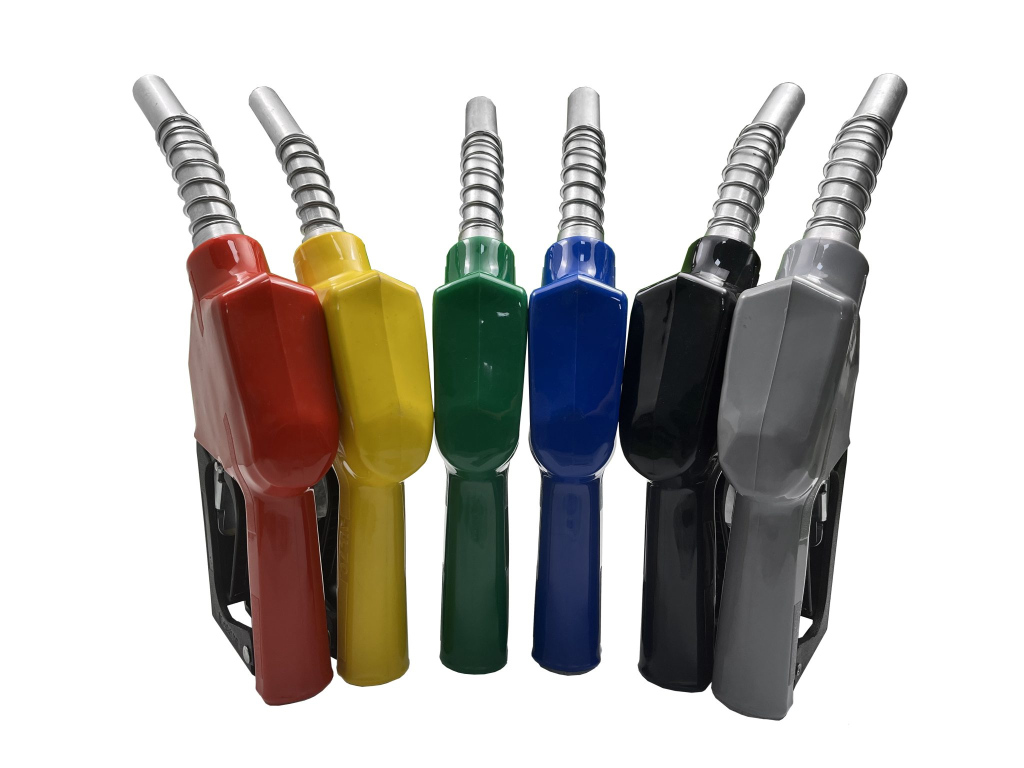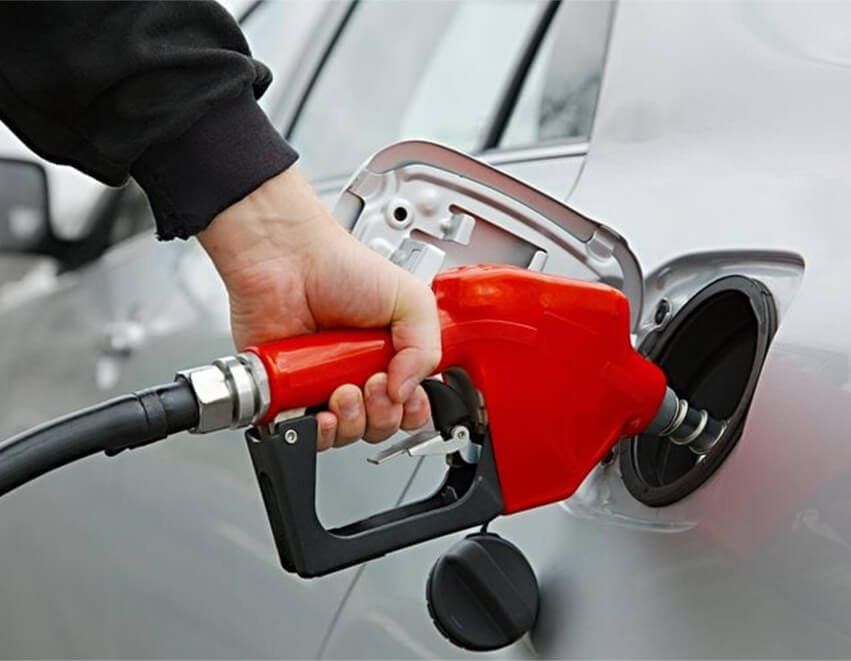In the world of fueling, where precision and efficiency are paramount, even the smallest details can make a significant impact. One such detail is often overlooked but holds immense importance – the type of nozzle used for dispensing different fuels. While it might seem inconsequential, the choice between petrol and diesel nozzles can have far-reaching […]
In the world of fueling, where precision and efficiency are paramount, even the smallest details can make a significant impact. One such detail is often overlooked but holds immense importance – the type of nozzle used for dispensing different fuels. While it might seem inconsequential, the choice between petrol and diesel nozzles can have far-reaching consequences. In this exploration, we delve into the similarities and differences between petrol and diesel nozzles, shedding light on why using the right nozzle is crucial for optimal fueling operations.

At a glance, petrol and diesel nozzles may appear similar, as they share a common purpose – dispensing fuel. However, these two types of fuel differ in their properties, and therefore, their nozzles also differ to accommodate those properties.
1. Size and Diameter: One of the most noticeable differences between petrol and diesel nozzles is their size and diameter. Diesel nozzles are generally larger and thicker than their petrol counterparts. This distinction helps prevent the accidental insertion of a diesel nozzle into a petrol tank or vice versa, reducing the risk of fuel contamination and potential engine damage.
2. Color Coding: Many fuel stations adopt color coding to differentiate between petrol and diesel nozzles. While practices may vary, it’s common to find green nozzles for diesel and black nozzles for petrol. This color coding serves as an additional visual cue for drivers, further reducing the chances of fueling errors.
3. Flow Rate and Pressure: Due to the differences in viscosity between petrol and diesel, the flow rate and pressure requirements for their dispensing also vary. Diesel fuel is denser and less volatile than petrol, which means diesel nozzles are designed to deliver fuel at a higher flow rate to ensure efficient and timely refueling.
Using the correct fuel nozzle for fuel dispensing is more than just a matter of convenience – it’s a matter of efficiency, safety, and cost-effectiveness.
1. Efficiency: Mismatching the nozzle type can result in slower fueling times or even cause the fuel pump to shut off prematurely. This can lead to frustration for drivers and increased wait times at fuel stations, especially during peak hours.
2. Safety: Mismatching nozzles can lead to fuel contamination, which can be detrimental to both vehicles and the environment. The wrong type of fuel can cause engine damage, leading to costly repairs. Moreover, the accidental mixing of petrol and diesel can result in increased emissions and potential hazards.
3. Cost-effectiveness: Inefficient fueling practices can lead to wastage and increased operational costs. By using the correct fuel nozzle, fuel stations can ensure accurate dispensing and prevent unnecessary financial losses.
The choice between petrol and diesel nozzles is not just a technicality – it’s a critical aspect of responsible and efficient fueling practices. Whether you’re a fuel station owner, a fleet manager, or a vehicle owner, selecting the appropriate nozzle type is essential for ensuring smooth operations, minimizing environmental impact, and safeguarding the integrity of your equipment.
When it comes to sourcing high-quality fuel dispensing nozzles, AO-Cheng stands as a reliable partner. With a commitment to innovation and excellence, AO-Cheng offers a range of fueling solutions tailored to the specific needs of various industries.
By choosing the right nozzle from AO-Cheng’s offerings, you’re making a conscious decision to prioritize precision, safety, and efficiency in your fueling operations.




